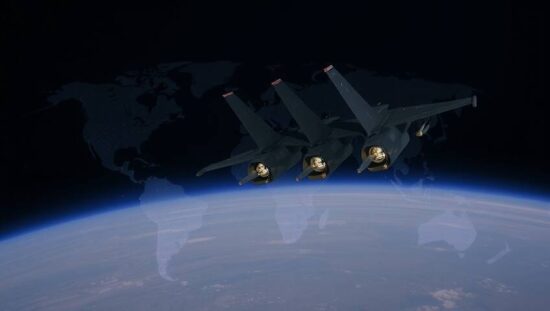Facing the increasing global threats, NATO is urging Germany to significantly increase its defense spending quickly.
“Germany is spending 2.1 percent of its gross domestic product (GDP) on defense this year. That’s important. However, the expectations of the US and many other NATO member countries are that Germany, as a central alliance partner, should move towards a three percent of GDP in defense spending” said the Assistant Secretary General of NATO for political affairs and security issues, Boris Ruge, to the Welt am Sonntag.
“The lever should be shifted, small steps are too little” added the highest-ranking German representative in NATO. Today, the alliance is still able to deter an increasingly aggressive Russia and defend itself against an attack, Ruge continued. “But for that to remain the case in four or five years, all NATO member states must start to fill the new defense plans of the alliance with life and implement them in capabilities. That means Germany and the other alliance partners must invest significantly more than before.”
A “mindset shift” is also necessary, Ruge emphasized.
Looking at the Ukraine war, Ruge painted a dark picture: “But Russia will try to strengthen its position and push Ukraine back in the coming weeks. There is no indication that the Russian attacks will cease, on the contrary. It’s a losing, brutal fight for Ukraine.” The situation for Kiev remains “dramatic”.
The high-ranking NATO official Ruge also warned of future chemical weapon attacks: “We also see the risk that terrorists or aggressors will use chemical weapons against soldiers or civilians in the future. The fact is: We have gaps in the defense against CBRN weapons (chemical, biological, radiological, and nuclear weapons), because we had successively dismantled capabilities in this area since the end of the Cold War. We must also fill these gaps.”
Looking at Syria, Ruge said the NATO will do everything on the diplomatic level to contribute to a lasting peace in Syria after the fall of President Bashar al-Assad two weeks ago. NATO Secretary General Rutte is in contact with key actors in the region, such as Jordan’s King Abdullah II bin al-Hussein. “But I don’t see the NATO itself taking a role in Syria, for example, to stabilize the country or secure a peace process, at the moment” Ruge explained.





